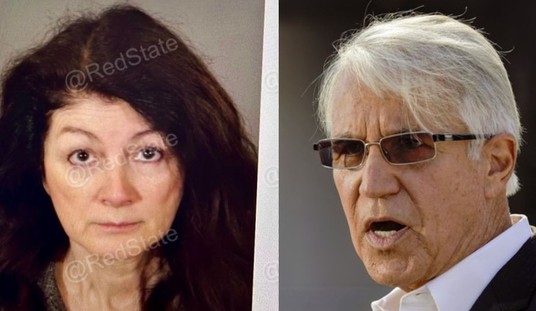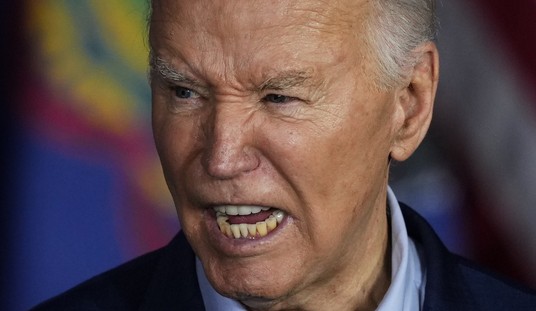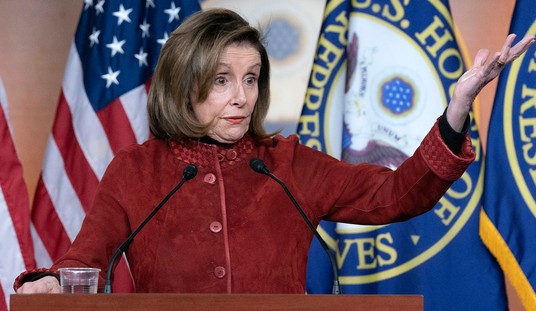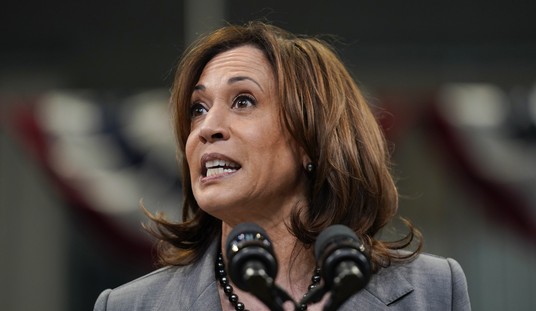Paris Hilton, a media personality turned advocate for youth rights, is supporting a new bill in California that aims to bring some much-needed transparency and accountability to youth treatment facilities in the state.
The bill, SB 1043, was authored by Republican State Sen. Shannon Grove and coauthored by Democratic lawmakers and is, in part, a response to the horrific experiences Hilton and many others have faced in the “troubled teen industry.”
The proposed legislation would provide more oversight over youth treatment facilities while also compelling them to be more open about their disciplinary policies.
Paris Hilton joined California state lawmakers Monday to push for legislation aimed at cracking down on the industry that cares for troubled teens by requiring more transparency from youth treatment facilities.
The bill supported by the Hilton Hotel heiress and media personality aims to pry open information on how short-term residential facilities for youth dealing with substance abuse and behavioral issues use disciplinary methods such as restraints or seclusion against minors. It would require such centers to notify parents and the state any time they use restrains or seclusion rooms for minors. It’s authored by Republican state Sen. Shannon Grove and Democratic state Sens. Aisha Wahab and Angelique Ashby.
On Monday, Hilton testified in a legislative hearing in support of the bill, detailing her harrowing abuse as a teenager at a facility in Utah that she said still haunts her and urging lawmakers to take actions before more children have to suffer similar treatment.
“Our current system designed to reform, in some horrific instances, does the exact opposite,” Hilton told lawmakers Monday. “It breaks spirits and instills fear, and it perpetuates a cycle of abuse. But today, we have the power to change that.”
The California bill passed committee with bipartisan support on Monday. Under the bill, facilities would have to report details such as what disciplinary actions were taken, why and who had approved the plan. The state department regulating the facilities also would be required to make public the reports and update the database on the quarterly basis. It would not ban the use of such practices.
Hilton has become a prominent advocate for more oversight and regulation of teen treatment centers after publicly sharing the physical and mental abuse she suffered as a teenager. She alleged staff members would beat her, force her to take unknown pills, watch her shower and send her to solitary confinement without clothes as punishment.
Hilton touted the bill as “a game changer” when it comes to keeping these organizations accountable to the parents and communities they serve. She stated that it “would have been so helpful to myself and so many others to have known what was happening behind closed doors.”
While many of these facilities genuinely seek to help troubled children, others have engaged in questionable conduct with the kids under their care. In at least one case, negligence led to the death of a teenager after being disciplined.
Between 2015 and 2020, California sent more than 1,240 children with behavior problems to out-of-state facilities due to the lack of locked treatment centers for youths, according to Sen. Grove’s office. As reports about abuse happening at these programs emerged, including an incident where a 16-year-old boy died after being restrained for about 12 minutes at a Michigan facility, California also found significant licensing violations at these facilities and decided to do away with the program in 2020. Legislation passed in 2021 formally banned the use of out-of-state residential centers. Democratic Gov. Gavin Newsom also authorized $8 million to bring all the minors home by last year.
Last year, Hilton discussed her experience at a Utah youth treatment center during an appearance on “Fox & Friends.”
Hilton, 42, has been outspoken about her time at the Provo Canyon School in Utah, a residential treatment center where she claimed she was abused — revealing traumatic details in her 2020 YouTube documentary “This Is Paris.”
“When I was 16, I was sent away, and I was emotionally, verbally, physically and sexually abused,” Hilton said Thursday on “Fox & Friends.”
She continued: “This is still happening today at these places, and 200,000 children are being sent away to these places every single year.”
Hilton also explained that some of these institutions “disguise themselves as emotional growth schools, wilderness camps, these are just names that they put and they have false advertising and people have no idea what’s happening behind closed doors.”
She recounted being prohibited from telling her parents about what was happening to her, noting that she was “cut off from the outside world.”
The proposed bill mandates that residential treatment facilities for children report to parents and the state. This provision is intended to make sure these organizations cannot operate in secrecy nor prevent children from communicating with their parents. When those running these operations know they are being watched, they will be less likely to mete out abuse to those under their care.
The bill also requires the publication of data on a public dashboard on the California Department of Social Services website, where facilities can report the use of restraints and seclusion rooms. They would also have to report on incidents involving serious injuries or death.
Additionally, by requiring this level of transparency parents will be empowered to make informed decisions about the treatment of their kids. It means they will be fully aware of the conditions in which their children are living.
While I normally would not support this level of government regulation, youth treatment centers are in a position in which they are caring for vulnerable children. What Hilton and other kids have gone through at some of these facilities cannot be characterized as anything other than egregious violations of rights. The state’s primary role should always be to protect our rights, which justifies its involvement in this specific situation.












